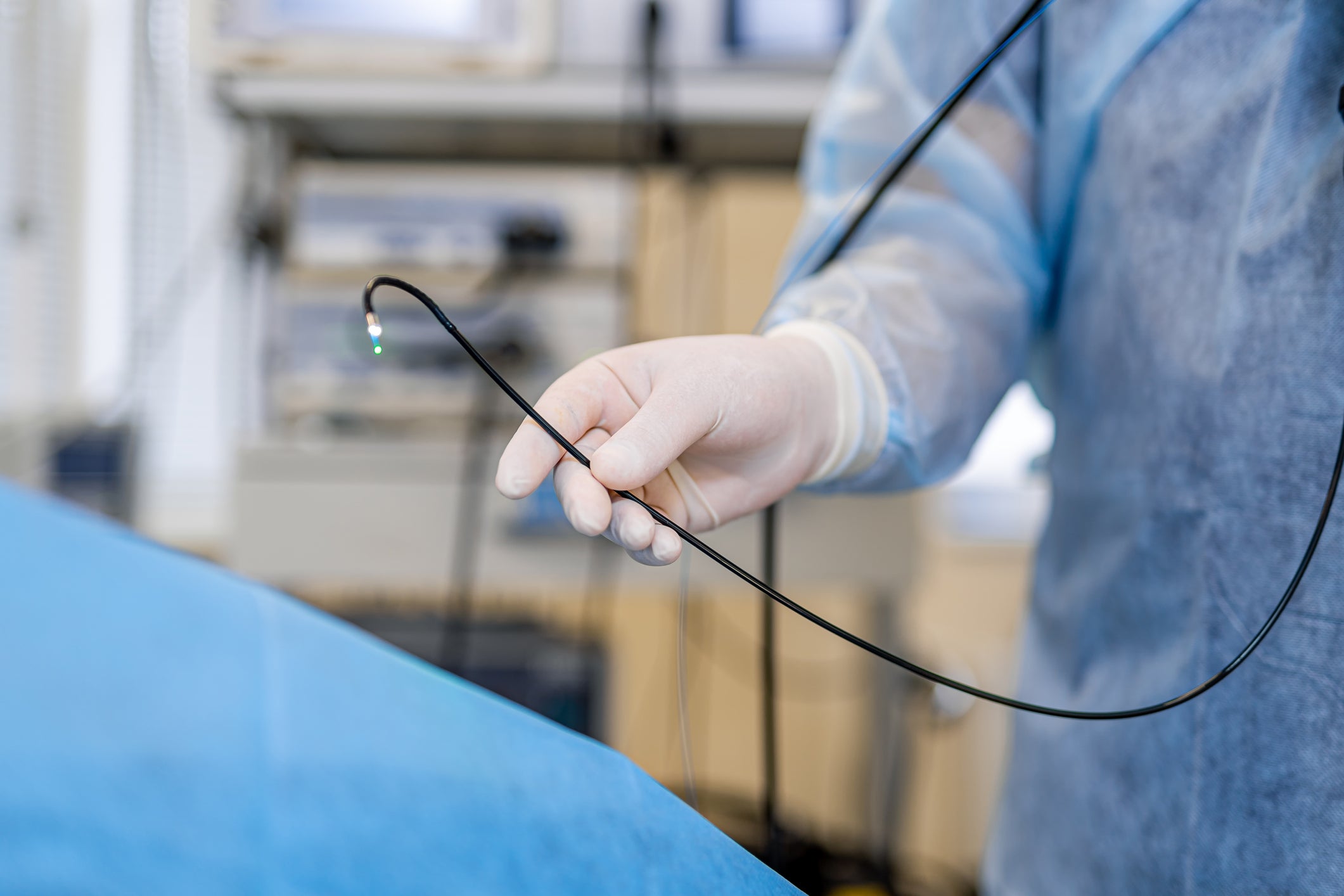Courtesy Augusta University
According to the American Cancer Society, one in 23 men and one in 25 women will develop colon cancer in their lifetimes.
Colon cancer is the second deadliest cancer among adults, but typical screening tests miss about 25% of the polyps that can lead to cancer. Yet this disease is highly curable if it’s caught early.
AU Health and the Georgia Cancer Center have a new tool to help improve detection of polyps that could become cancerous. The addition of an artificial intelligence/computer-aided software during routine colonoscopy enhances screening to find polyps that are likely to be missed by even the best endoscopists.
MORE: Aiken service worker named South Carolina School social worker of the year
Polyps are typically the precursor to colon cancer. Removing them early increases the chances that cancer will be detected early or prevented all together.
“By using artificial intelligence to help us find polyps that we may not see at colonoscopy, it actually enhances patient care,” said Dr. Kenneth Vega, Professor and Division Chief of Gastroenterology and Hepatology at the Medical College of Georgia at Augusta University, and co-director of AU Health’s Digestive Health Center. “In the best of hands, approximately 5% of procedures will have polyps missed. This helps minimize it and makes us more able to detect precancerous growths in smaller and earlier stages before becoming cancer.”
During a colonoscopy, polyps are typically detected by the eyes of a highly trained gastroenterologist, but sometimes they are easy to miss. The artificial intelligence software highlights an area in the colon that it suspects contains a polyp. This allows the gastroenterologist to more closely examine the area to determine if a polyp does exist there.
MORE: Augusta University athletic director set to retire June 30
The software gives gastroenterologists more confidence that what they see during a colonoscopy is actually true and not hidden, Vega said.
Augusta University is the first medical center in the state to offer this breakthrough technology.
“We are very excited about this because this is something new and I think it’s going to be our future to help our patients. We are going to be the first ones in the state of Georgia to have this technology,” said Dr. John Erikson Yap, Assistant Professor of Gastroenterology at the Medical College of Georgia at Augusta University.
The Centers for Disease Control and Prevention (CDC) recommends colorectal screening for anyone between the ages of 45 and 75. Patients are encouraged to talk to their doctors about screening for colon cancer.










